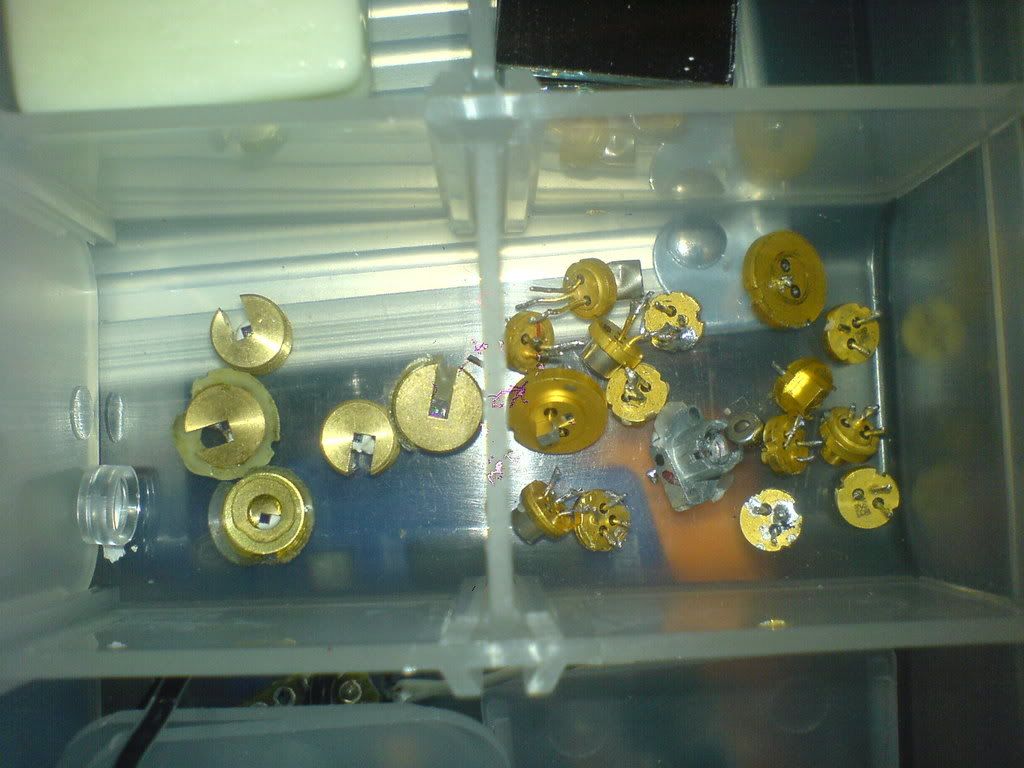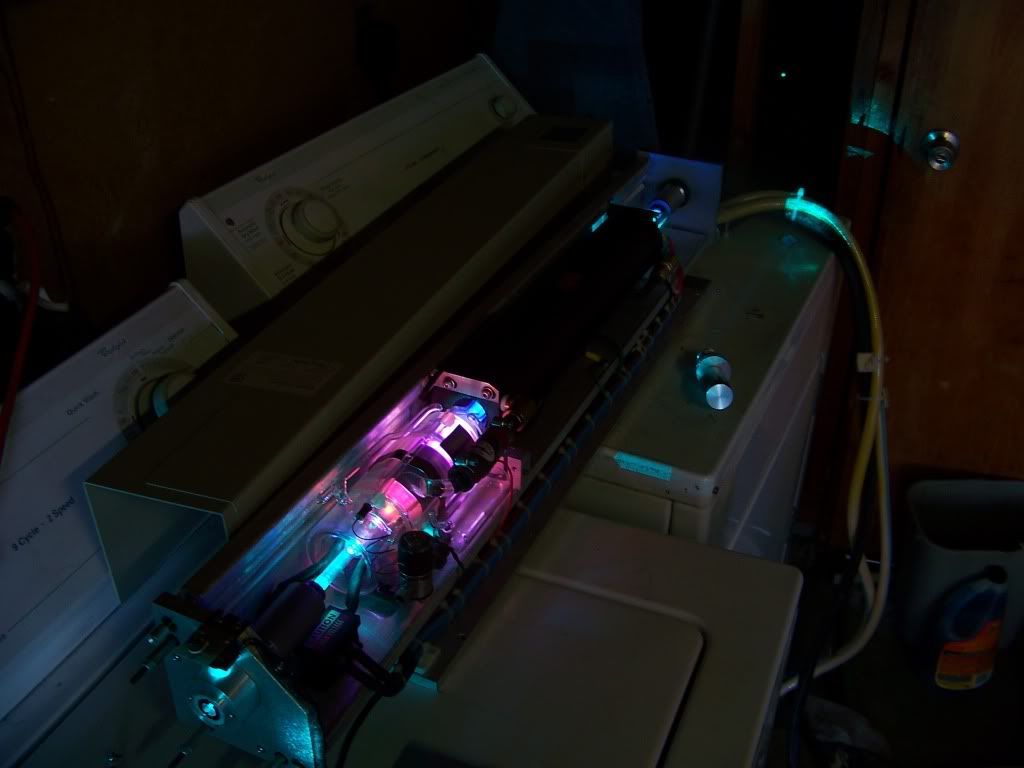I have only been on this board for a short time, but I have notice that there are two different ways of producing laser. One by using gasses like HeNe, CO2 or Helium in a tube and the other using diode. I would like to know what's the difference between a laser produced by either gas or diode. Are the gas laser better than diode? Do gas laser have a longer life span than diode?
I searched this board but I was not able to find any answer, so if this topic has been talked to death, please accept my apology.
I searched this board but I was not able to find any answer, so if this topic has been talked to death, please accept my apology.
Last edited:





